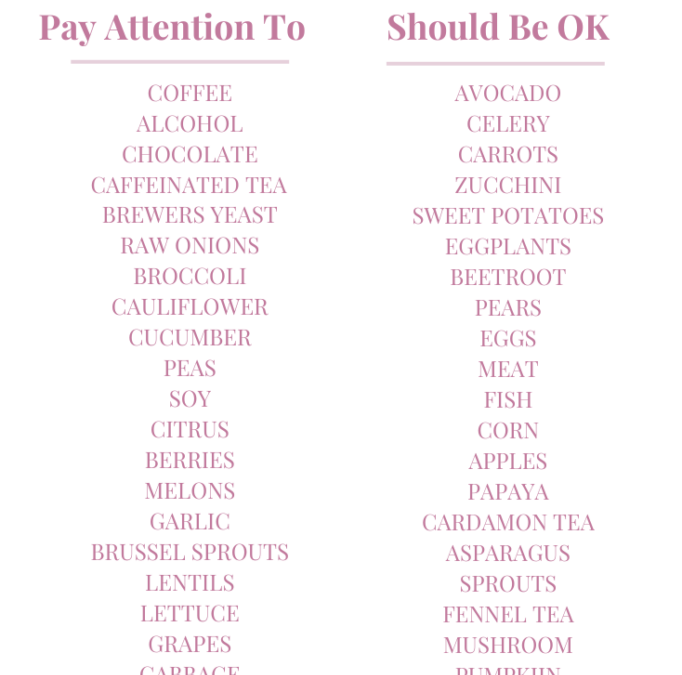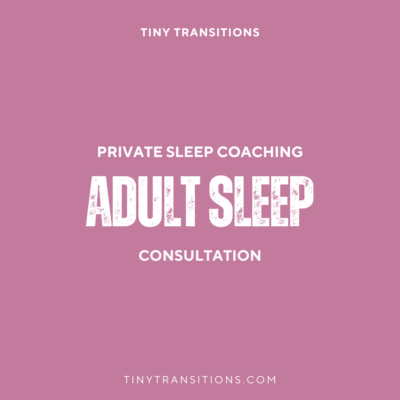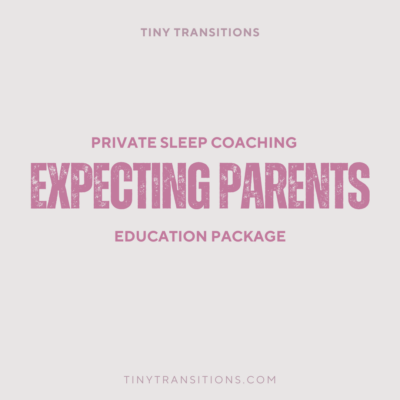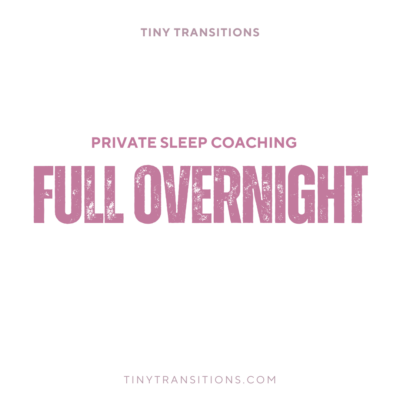Navigating the 6-Month Sleep Regression
Are you the parent of a 6-month-old who is struggling to sleep? Children at this age are undergoing massive developmental milestones, resulting in sleep patterns that become irregular and restless. But don’t worry – with some sage advice and helpful strategies; you can navigate this tricky period like a pro.
What is Sleep Regression, and How Does it Affect Babies’ Sleep Patterns
Sleep regression is a normal developmental stage during which babies struggle to adjust and regulate their sleep patterns. During this stage, babies will often wake up more frequently or for more extended periods of time than usual. This can disrupt their regular sleep pattern and lead to difficulty falling asleep or staying asleep.
Sleep regressions are ordinary between 4 months and 18 months of age. While sleep regression is a normal part of a baby’s growth and development, it can still be difficult for parents to manage as their babies become more active and conscious at night.
What is the 6-Month Sleep Regression for Infants?
At the 6-month mark, babies go through a lot of physical and mental changes. This includes the start of more complex milestones such as rolling over, sitting up and even starting to crawl. All of these new skills require new energy and different sleep patterns than before.
During this time, infants may also be experiencing separation anxiety, which can further disrupt their sleep. Furthermore, introducing solids into a baby’s diet can sometimes lead to less restful sleep due to digestive issues.
Signs that Your Baby Might be Experiencing the 6-Month Sleep Regression
Here are a few common signs that your little one may be experiencing:
- Your baby has been sleeping for longer periods lately but now wakes up frequently during the night, and it takes a long time to settle down.
- Your baby is more easily startled or seems to be in a lighter sleep than usual, waking up with every noise or small movement.
- You’re having trouble getting your baby to nap during the day, even when they are usually content and relaxed after eating.
- Your baby wakes up in the early morning before their usual wake-up time.
- You’re having difficulty transitioning your baby from one sleep cycle to another as they seem to be stuck in a single cycle all night.
- Your baby is crying and fussing more than usual, especially when you try to put them down for sleep.
- Your baby has started displaying separation anxiety and is more clingy during the day or night.
If you’re noticing any of these signs, it may be time to talk to a sleep consultant here at Tiny Transitions and get a plan together on how to help your little one cope with the six-month sleep regression.
Tips to Help Your Baby Through a 6-Month Sleep Regression
If your baby is going through a 6-month sleep regression, chances are you’re probably feeling exhausted and frustrated. Sleep regressions can be tough on both parents and babies alike, but there are a few things you can do to help ease the transition for your baby.
- Establish a consistent bedtime routine: Developing an age-appropriate bedtime routine can be a great way to help your baby understand when it’s time to wind down and go to sleep. A bedtime routine should begin about 30 minutes before bedtime and include relaxing activities such as bathing, reading stories, or a baby massage. I also recommend the final feeding in only a diaper to ensure a full feed, time to burp, and less of a chance baby falls asleep in your arms eating.
- Ensure your baby sleeps in the right environment: A dark and quiet bedroom is ideal for helping your baby sleep better. If there are any light sources in the room, such as a nightlight or a digital clock, make sure to dim or turn them off before bedtime. You can also use white noise machines to help mask sounds from outside the bedroom that may disrupt your baby’s sleep.
- Follow this 6-month-old sleep schedule: Try to stick to a consistent schedule throughout the day, including wake-up times and nap times. This will help your baby’s internal clock become more in sync with his or her environment, resulting in better sleep at night.
- At this age, their awake windows start to push out to 3 hours. That then adjusts the total sleep needed. Their nap schedule allows them 3 hours of daytime naps, typically transitioning from 3-2 naps during this time and being on a 7 am – 7 pm schedule. Grab our 6 month sample schedules here for any age if you feel stuck.
- The AASM states babies 4-12 months of age need 12 to 16 hours of sleep in a 24-hour period for optimal health.
What If My Baby’s Sleep Problems Persist After 6 Months of Age
At this stage, evaluating whether your parenting practices may contribute to your baby’s difficulty sleeping is essential. Common parenting practices such as feeding, rocking, or cuddling your child to sleep can lead to poor sleep habits that may be difficult to break once a child reaches school age. A baby sleep coach can help you identify any problematic behaviors and develop healthier strategies for getting your infant settled for restful nighttime sleep independently.
How to Create Good Habits For a 6 Month Old Bedtime Routine
Infants require quality sleep each night to grow and develop properly. Creating good habits around bedtime can help ensure they get the rest they need while also developing a routine that will carry into childhood.
- Consistency is Key: It’s important to establish a consistent routine each night that includes an early bedtime, such as 7 pm. While it may be tempting to stay up late and enjoy the evening, it can actually make sleep more difficult for your child in the long run. Try to stick to the same regular schedule every night for optimal results.
- Set the Mood: Help your infant relax and wind down before bed by setting a calming atmosphere. Dim the lights and play soothing music to help create a cozy environment that encourages sleep.
- Start With Bathtime: Taking a warm bath can be very relaxing and can help transition your infant from playtime to sleep.
- Keep It Quiet: Avoid playing any games or stimulating activities right before bed; instead, opt for quiet story time.
- Limit TV Before Bedtime: Watching television or playing video games right before bed can cause your child to become overstimulated and make it more difficult for them to fall asleep.
What If My Baby’s Sleep Problems Persist After 6-Months of Age
At this stage, evaluating whether your parenting practices may contribute to your baby’s difficulty sleeping is essential. Common parenting practices such as feeding, rocking, or cuddling your child to sleep can lead to poor sleep habits that may be difficult to break once a child reaches school age.
A baby sleep coach can help you identify any problematic behaviors and develop healthier strategies for getting your infant settled for restful nighttime sleep independently. At this age, a 6-month-old should be sleeping through the night.
Don’t hesitate to reach out if your little one’s sleep patterns are continuing to cause disruptions. With the help of a Certified Sleep Consultant on our team, you can give your child the gift of healthy, restful sleep and ensure everyone in your home gets the rest they need.










